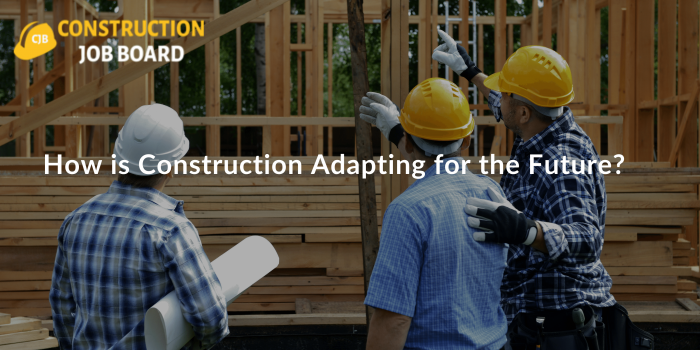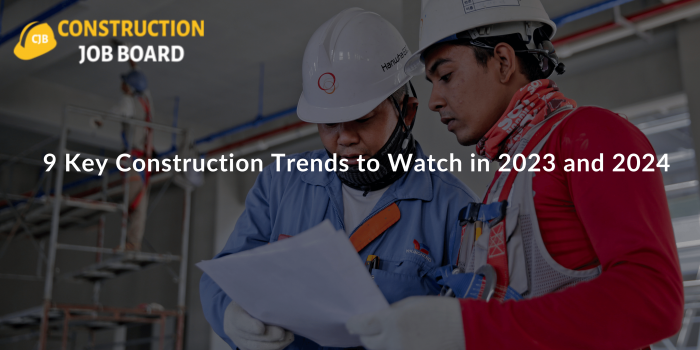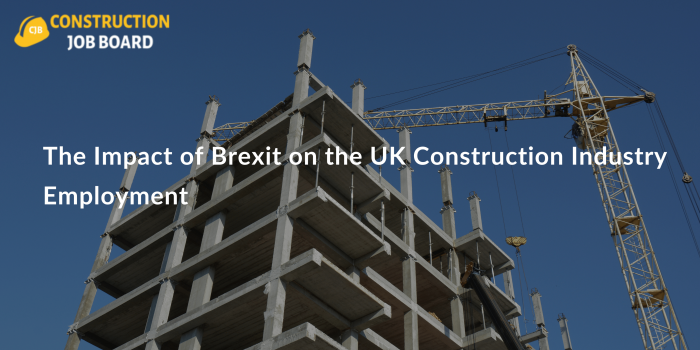Sustainable Construction: The Pathway to a Greener Built Environment
Aug 19, 2025

Green Construction Jobs: The Future of Sustainable Building Careers
The construction industry is gearing up for a new phase — one where green construction jobs are not an afterthought but a demand. With sustainability being prioritized by governments, businesses, and local communities, the need for people who are trained in eco-friendly building design, construction, and management is skyrocketing. Sustainable construction will be an exciting and meaningful career pathway for job seekers wanting to secure their work future.
Why Green Construction Is Expanding
Green construction is building and constructing structures designed to limit environmental impact. Activities could include using renewable materials, increasing energy efficiency, and curtailing waste while building.
The following are the primary drivers of growth include:
- Government incentives and policies towards low carbon infrastructure
- Corporate sustainability targets to reach net-zero emissions
- Public announcement and knowledge around climate change and conservation
The UK already has noticed a spike in constructions jobs in sustainable construction, particularly across both new build and retrofitting choice.
Top Green Construction Job Roles in 2025
The following are the most desirable careers within the green building sector:
- Sustainable Design Architect
Will design buildings with consideration for energy efficiency, natural light and sustainable materials.
Required skills: CAD software, building regulations and environmental design
- Renewable Energy Systems Engineer
Design and oversees the incorporation of sun systems (i.e. solar panels), wind systems (i.e. wind turbines) and geothermal systems, into building construction projects.
- Green Building Project Manager
Oversees a construction job that meets one of the sustainability certification, either BREEAM or LEED.
- Environmental Consultant
Advises clients on matters around environmental compliance, carbon reduction and sustainable materials sourcing.
- Energy Efficiency Specialist
Will achieve a reduction in the operational energy consumption of a building through upgrades to insulation, smart systems, renewable energy systems (i.e. solar panels).
Skills That Will Keep You Competitive in the Green Construction Sector
When hiring for green construction jobs, employers tend to seek candidates who have:
- Understanding of sustainable building standards (e.g. BREEAM, LEED)
- Experience of integrating renewable energies
- Ability to use life-cycle assessment software and tools
- Understanding of carbon footprint reduction strategies
Many professionals have increased their skills in specialist construction training courses to respond to the changing nature of the green construction sector.
Salaries and Career Opportunities
The amount you can earn in green construction will differ depending on the job and experience that you have. However, for senior positions, such as Green Project Manager, salaries of £55,000 - £80,000 would be expected in the UK. It is likely that as the UK moves toward achieving net-zero carbon by 2050, we will see an increase in these types of vacancies.
Getting Started with Green Building
- Gain Industry-Specific Skills – Acquire certifications for sustainability and renewable energy.
- Gain Experience – Volunteer or work as an intern on a building project or other green building project.
- Network – Join an association that focuses on sustainability in construction and eco-friendly building.
- Use Job Boards – Check job boards that specialize in contractors and projects pursuing eco-friendly construction.
Conclusions.
Sustainable building is no longer an option, it is the future of construction. Those with the right combination of applied skills, environmental consciousness, and management of building projects will not want for opportunities in the green construction job market. If you set your mind to getting the right education, experience, and network with the sustainability sector, you are setting yourself up to be successful in this emerging industry.
Sustainable Construction in the UK: Frequently Asked Questions
Q1. What is sustainable construction?
Sustainable construction involves building practices that reduce environmental impact by using renewable materials, improving energy efficiency, and minimising waste throughout the project lifecycle.
Q2. Why is sustainable construction important in the UK?
The UK aims to achieve net-zero carbon emissions by 2050. Sustainable construction is crucial as it helps create energy-efficient buildings, lowers carbon footprints, and encourages environmentally friendly practices in the construction industry.
Q3. What practices are used in green construction?
Common practices include renewable energy integration (solar panels, wind systems), energy-efficient smart systems, sustainable material sourcing, waste reduction, and eco-friendly design principles like maximising natural daylight.
Q4. How is the UK government supporting sustainable construction?
The UK government supports green construction through incentives, policies, and funding for low-carbon projects. It also enforces stricter building regulations to encourage sustainable building practices across the country.
Q5. What innovations are shaping the future of green construction?
Emerging innovations include smart building technologies, life-cycle assessment tools, advanced insulation methods, carbon footprint reduction strategies, and renewable energy system integration.





































































